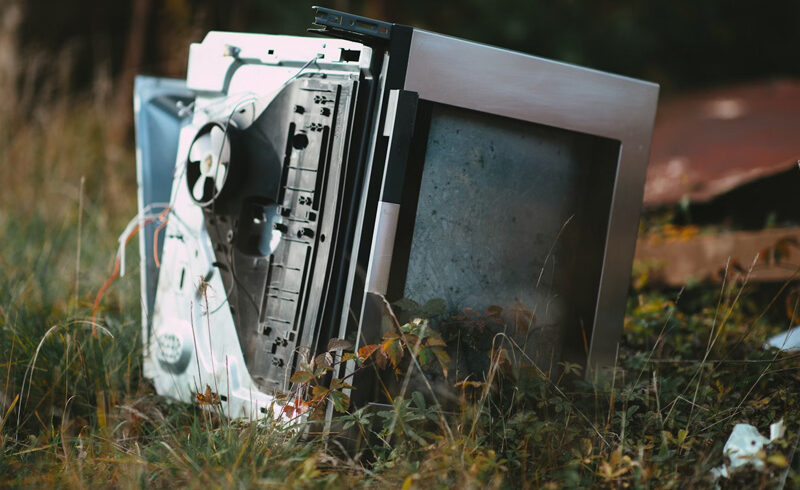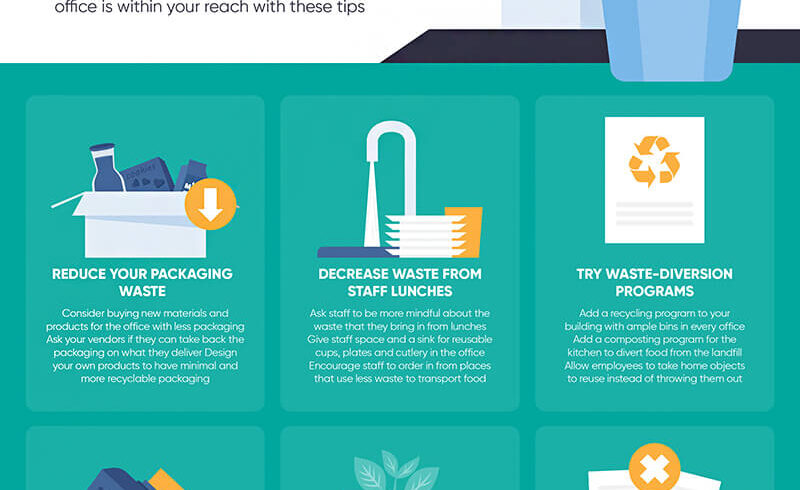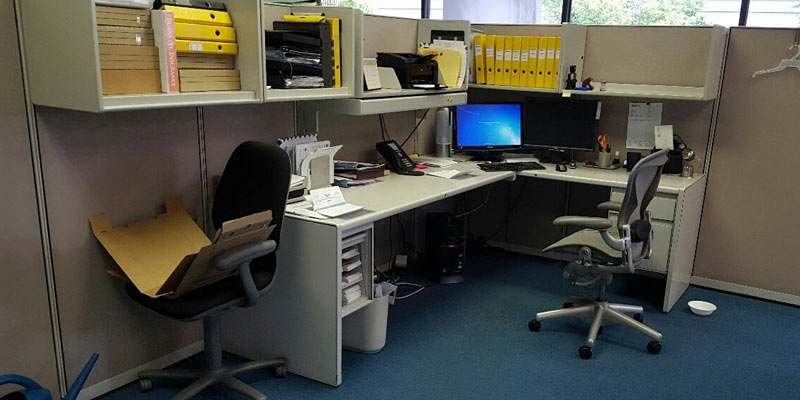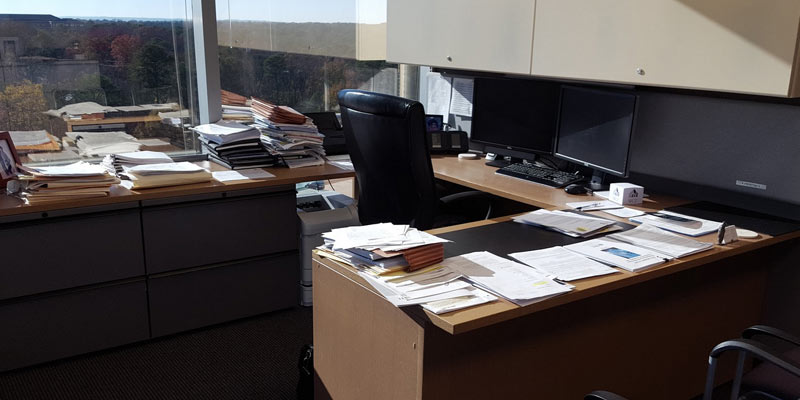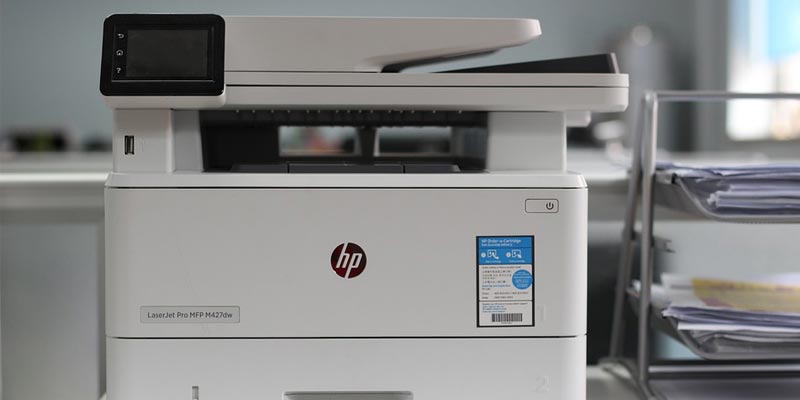Where Can I Donate Office Furniture & Supplies in Atlanta? When your office is getting rid of old equipment and supplies, you don’t have to send it all out to a landfill. There are many organizations that will take your old office supplies as donations so that they can get a second life. Disadvantaged families in Atlanta, schools and small businesses that are just starting out can all make great use of your old supplies. We Can Pick Up & Donate For You Have a lot to get rid of? Green Junk Removal can handle all of your office clutter, including furniture, electronics, office supplies, and more. We donate up to 75% of all material collected to local charities like these, so less of your junk ends up in landfills. We also provide a tax deductible donation receipt upon request. Learn more about our: Office junk removal services » Cubicle and workstation breakdown and hauling » Computer and e-waste recycling services » The Salvation Army What is accepted: Furniture, large appliances Drop-off location: Multiple locations The Salvation Army might be one of the best known charities on earth, and for good reason. With over 155 years of service and presence in 131 countries, the Salvation Army runs everything from charity shops to homeless shelters, disaster relief, and humanitarian aid for developing countries. Here you’ll find several locations in the city of Atlanta, as well as additional locations in Decatur, Jonesboro, Marietta, and more. Goodwill Donation Centers What is accepted: Books, furniture, computers, and more Drop-off location:160 Ponce De Leon Ave NE, Atlanta, GA 30308 For well over a hundred years, Goodwill Industries has been helping people across the US (as well as 16 other countries) in a lot of different ways. One of the things that makes them unique is their focus on employment: most donated items are resold to help provide jobs for individuals who face employment challenges caused by education, experience, and disabilities. Around here you’ll find multiple locations in the city of Atlanta, as well as additional locations in Smyrna and Decatur. Atlanta Habitat for Humanity What is accepted: Furniture, large appliances, cabinetry, some accessories, some building materials Drop-off location: Between noon and 3 p.m. at 824 Memorial Drive SE, or contact them to arrange it at 404-465-1010 Habitat for Humanity is a charity and single-family housing developer. The items that you donate to them may be sold in their Atlanta Re-Store for less than market value or end up as part of a home or in a home that is donated to a family in need. Proceeds from the Habit for Humanity store go towards building more homes, so it’s a win-win for everyone involved. The Furniture Bank of Metro Atlanta What is accepted: Tables, chairs, sofas, mattresses, box springs, coffee tables, linens, lamps Drop-off location: You must schedule your drop-off through their website When you donate your furniture to the Furniture Bank, you can be sure that each piece will be donated to someone in need, at no charge. Yearly, the furniture bank provides furniture to roughly 5,000 people or organizations. You can get your furniture donation picked up for a nonrefundable fee of $20. However, note that the Furniture Bank does not accept furniture that is only useful in an office. The furniture must have an obvious residential use, but they still accept donations from businesses. Vietnam Veterans of America What is accepted: Office supplies Drop-off location: North East Atlanta, near 140 and Brook Hollow Parkway The Vietnam Veterans of America is an organization dedicated to supporting all veterans. It provides a large range of services including financial assistance, job placement, and lobbying for better policies for veterans. While the organization especially needs clothing, and your business probably isn’t donating any, there are still many items they need that you might have. This includes small furniture and rugs, appliances, tableware, and general office supplies. North Fulton Community Charities What is accepted: Furniture Drop-off location: Call first at 770-640-0399 North Fulton Community Charities runs a thrift shop to generate funds for their causes, including a food bank and financial support for some of Fulton’s most vulnerable families. Each year, the organization supports 10,000 people who are in need of emergency assistance with housing, food, clothing, and other staples that everyone in our community should have access to. Anything in your office that might be sold in a thrift store can be donated to the NFCC. American Kidney Services What is accepted: Non-upholstered furniture, small appliances, some electronics, linens, books, and toys Drop-off location: Contact them first at 770-609-2200. Some Value Villages will accept donations on their behalf This long-standing Atlanta charity accepts donations of all kinds and sells them to support Americans with kidney disease. Out of every dollar raised by the organization, 97 cents goes directly into the pocket of an American who is struggling with kidney disease. They can put that money towards their treatments, medical bills, food, power bills, and other costs that they would otherwise not be able to cover. Kids in Need Foundation (KINF) What is accepted: Paper, pens, writing supplies, tissues, hand sanitizer, folders, dry erase boards, tampons, pads, and plastic bags. Drop-off location: Contact them through their website to arrange your donation The Kids in Need Foundation is a non-profit dedicated to getting education supplies to teachers and students in schools that struggle to meet their needs. So far, they have provided over a billion dollars worth of products and equipment to schools in Atlanta and across America. KNIF focuses on getting product donations from businesses, and not just of office supplies. They say that they provide a seamless delivery experience to encourage deliveries. Lifeline Animal Project What is accepted: General office supplies, computer equipment, appliances, cleaning supplies, newspaper, and pet supplies Drop-off location: Contact them first through their website The Lifeline Animal Project seeks to improve the way animals are managed in Atlanta. They seek to end euthanasia and run a shelter specifically for animals that ...
Read more


